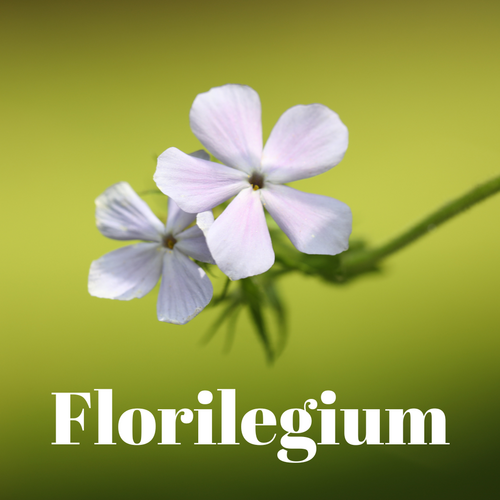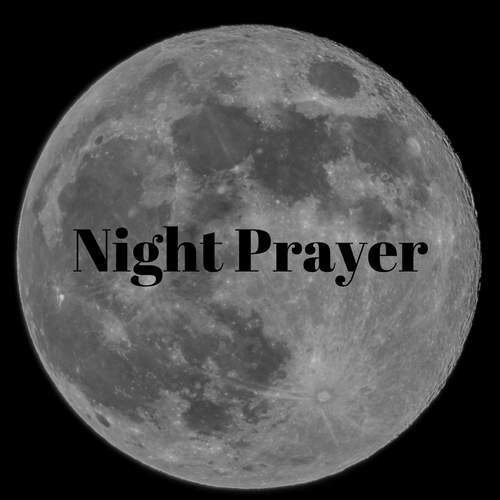

Daily Primer — July 21, Qaqortoq, Greenland
Each day you will be given:
A Florilegium entry
A Daily Prayer
and a Night Prayer.
A Florilegium entry
A Daily Prayer
and a Night Prayer.

I used to envy the father of our race, dwelling as he did in contact with the new-made fields and plants of Eden; but I do so no more, because I have discovered that I also live in "creation's dawn." The morning stars still sing together, and the world, not yet half made, becomes more beautiful every day.
===========
If men really wanted peace they would sincerely ask God for it and he would give it to them. But why should he give the world a peace which it does not really desire? The peace the world pretends to desire is really no peace at all.
To some men peace merely means the liberty to exploit other people without fear of retaliation or interference. To others peace means the freedom to rob others without interruption. To still others it means the leisure to devour the good of the earth without being compelled to interrupt their pleasures to feed those whom their greed is starving. And to practically everybody peace simply means the absence of any physical violence that might cast a shadow over lives devoted to the satisfaction of their animal appetites for comfort and pleasure.
Many men like these have asked God for what they thought was “peace” and have wondered why their prayer was not answered. They could not understand that it actually was answered. God left them with what they desired, for their idea of peace was only another form of war. The “cold war” is simply the normal consequence of our corrupt idea of a peace based on a policy of “every man for himself” in ethics, economics, and political life. It is absurd to hope for a solid peace based on fictions and illusions!
So instead of loving what you think is peace, love other men and love God above all. And instead of hating people you think are war makers, hate the appetites and the disorder in your own soul, which are the causes of war. If you love peace, then hate injustice, hate tyranny, hate greed — but hate these things in yourself, not in another.
===========
If men really wanted peace they would sincerely ask God for it and he would give it to them. But why should he give the world a peace which it does not really desire? The peace the world pretends to desire is really no peace at all.
To some men peace merely means the liberty to exploit other people without fear of retaliation or interference. To others peace means the freedom to rob others without interruption. To still others it means the leisure to devour the good of the earth without being compelled to interrupt their pleasures to feed those whom their greed is starving. And to practically everybody peace simply means the absence of any physical violence that might cast a shadow over lives devoted to the satisfaction of their animal appetites for comfort and pleasure.
Many men like these have asked God for what they thought was “peace” and have wondered why their prayer was not answered. They could not understand that it actually was answered. God left them with what they desired, for their idea of peace was only another form of war. The “cold war” is simply the normal consequence of our corrupt idea of a peace based on a policy of “every man for himself” in ethics, economics, and political life. It is absurd to hope for a solid peace based on fictions and illusions!
So instead of loving what you think is peace, love other men and love God above all. And instead of hating people you think are war makers, hate the appetites and the disorder in your own soul, which are the causes of war. If you love peace, then hate injustice, hate tyranny, hate greed — but hate these things in yourself, not in another.
"Explorations in the Great Tuolumne Cañon," Overland Monthly, August, 1873; and John of the Mountains: The Unpublished Journals of John Muir, (1938), page 72.
And then:
Thomas Merton — New Seeds of Contemplation #16 How Fear is the source of war.
And then:
Thomas Merton — New Seeds of Contemplation #16 How Fear is the source of war.
Florilegium is the Medieval Latin word for bouquet, or more literally flowers (flos, flor-) which are gathered (legere). The word florilegium was used to refer to a compilation of writings, often religious or philosophical. These florilegium are literary flowers—beautiful words/prayers/thoughts I have gathered. During my sabbatical they will give me something to ponder each day. — PHL.

O God our Father, renew our spirits and draw our hearts to Thyself, that our work may not be to us a burden but a delight; and give us such love to thee as may sweeten all our obedience. Help us that we may serve thee with the cheerfulness and gladness of children, delighting ourselves in thee and rejoicing in all that is to the honor of thy name; through Jesus Christ our Lord. Amen.
from The Worship Book as quoted in A Guide to Prayer for Ministers and Other Servants p. 207.

Kindle in our hearts, O God,
the flame of love which never ceases,
that it may burn in us, giving light to others.
May we shine for ever in your temple,
set on fire with your eternal light,
even your Son Jesus Christ,
our Saviour and our Redeemer. Amen.
the flame of love which never ceases,
that it may burn in us, giving light to others.
May we shine for ever in your temple,
set on fire with your eternal light,
even your Son Jesus Christ,
our Saviour and our Redeemer. Amen.
Common Worship: Morning & Evening Prayer, p.14.
